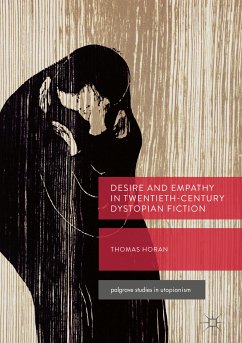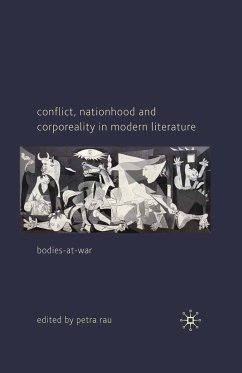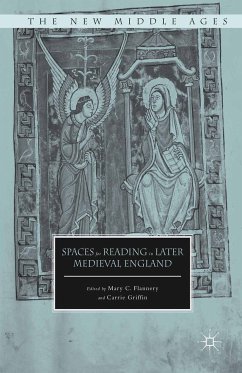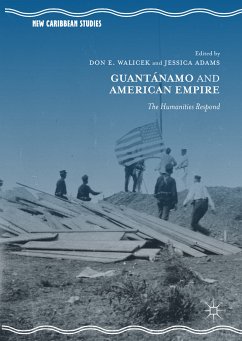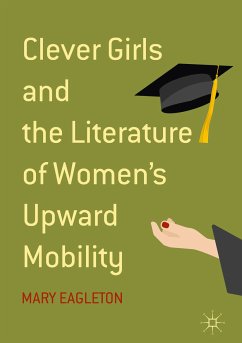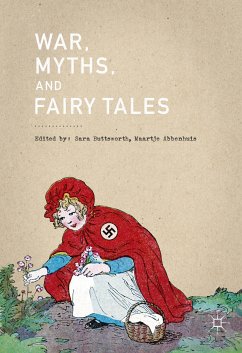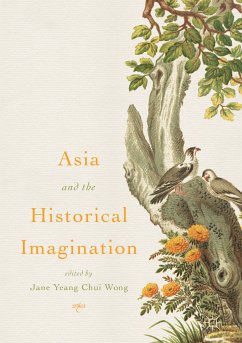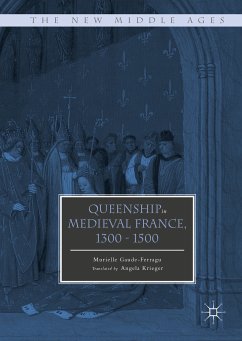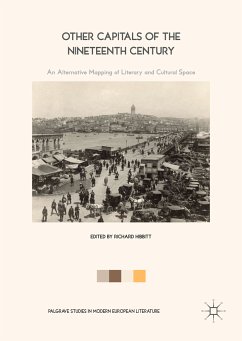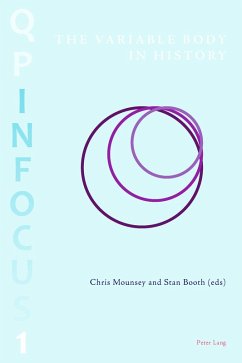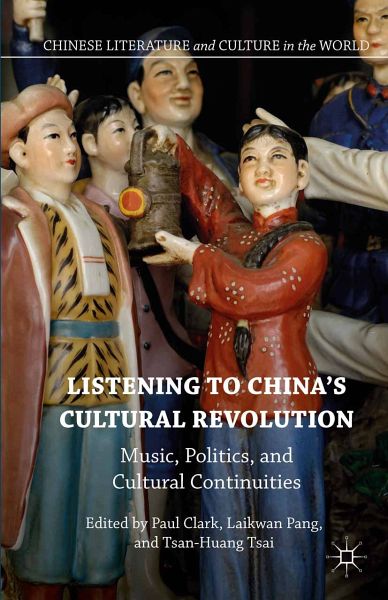
Listening to China's Cultural Revolution (eBook, PDF)
Music, Politics, and Cultural Continuities
Redaktion: Pang, Laikwan; Tsai, Tsan-Huang; Clark, Paul
Versandkostenfrei!
Sofort per Download lieferbar
72,95 €
inkl. MwSt.
Weitere Ausgaben:

PAYBACK Punkte
36 °P sammeln!
Bringing together the most recent research on the Cultural Revolution in China, musicologists, historians, literary scholars, and others discuss the music and its political implications. Combined, these chapters, paint a vibrant picture of the long-lasting impact that the musical revolution had on ordinary citizens, as well as political leaders.
Dieser Download kann aus rechtlichen Gründen nur mit Rechnungsadresse in A, B, BG, CY, CZ, D, DK, EW, E, FIN, F, GR, HR, H, IRL, I, LT, L, LR, M, NL, PL, P, R, S, SLO, SK ausgeliefert werden.



